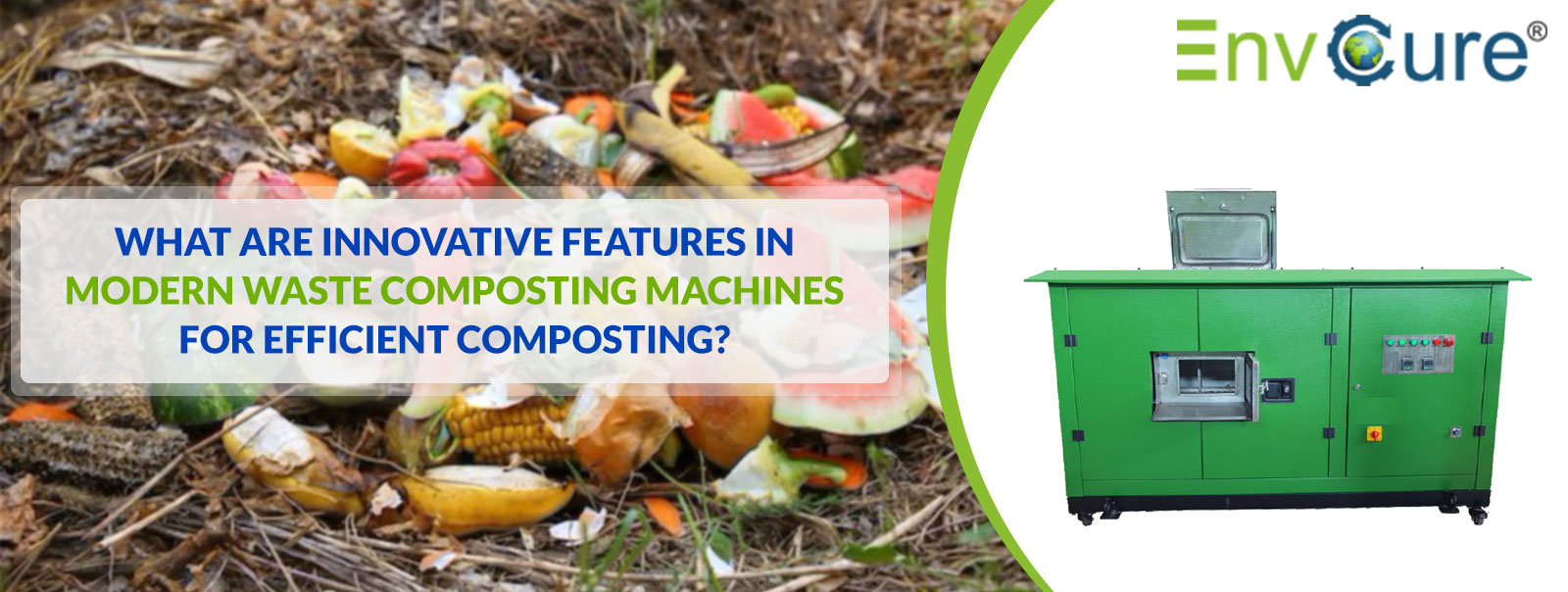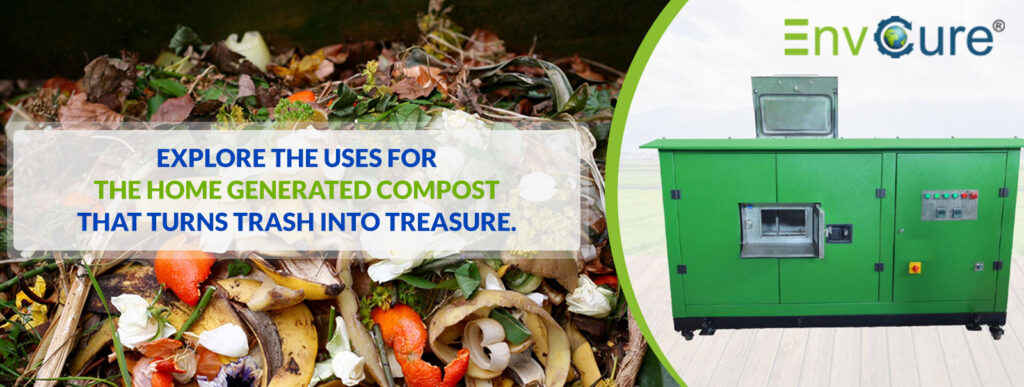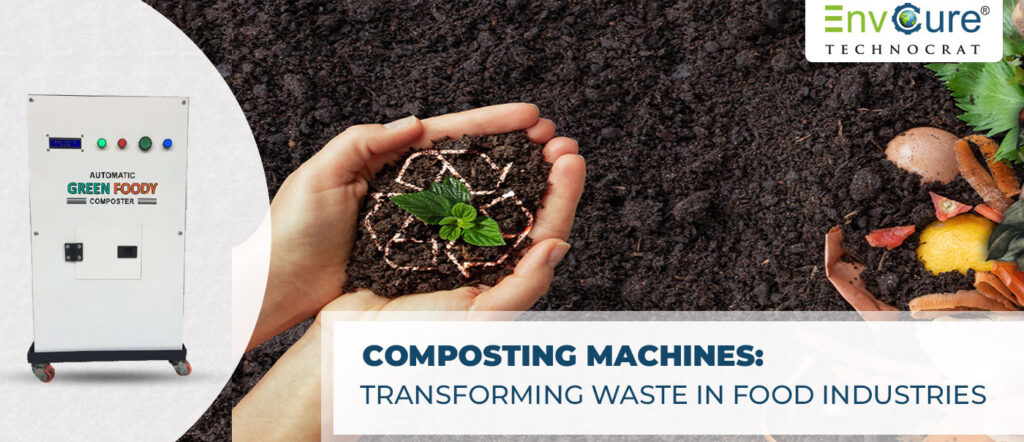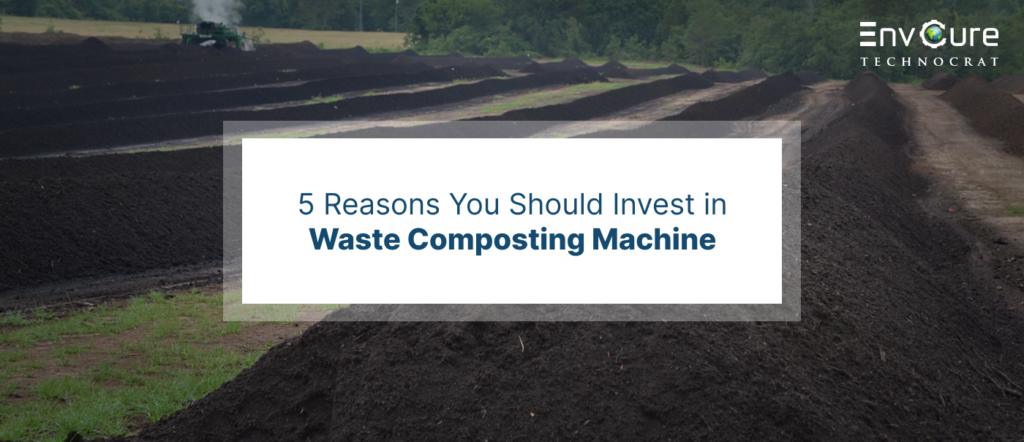In an era where sustainability is not just a trend but a necessity, the focus on efficient waste management has intensified. Among the various approaches, composting stands out as a pivotal solution, turning waste into a resource. This article explores the innovative features of modern Organic Waste Composting Machines and Waste Compost Machines, highlighting their role in transforming composting processes.
1. Advanced Aerobic Digestion Technology
The heart of modern Organic Waste Composting Machines lies in their advanced aerobic digestion technology. This process fundamentally transforms how organic waste is broken down.
How Aerobic Digestion Works:
- Optimized Breakdown: Aerobic digestion relies on oxygen-loving bacteria to decompose organic matter. These machines maintain a consistent airflow, ensuring that these bacteria thrive.
- Speed of Composting: This technology accelerates the composting process dramatically. Traditional methods might take weeks or months, but this time frame is shortened significantly with aerobic digestion.
- Quality of Compost: The compost produced is of high quality, rich in nutrients, and free of pathogens often found in anaerobically processed compost.
Benefits of Advanced Aerobic Digestion:
- Environmental Impact: This method reduces greenhouse gas emissions compared to anaerobic composting.
- Scalability: It’s highly scalable and suitable for both small-scale residential use and large-scale industrial applications.
- Versatility: It can handle a wide variety of organic wastes, from kitchen scraps to yard waste.
2. Smart Moisture Regulation
Maintaining the perfect moisture balance is critical in composting. Modern Waste Compost Machines achieve this with innovative moisture regulation technologies.
The Role of Moisture in Composting:
- Balancing Act: Composting requires a delicate balance of moisture – too dry, and the microbial activity slows down; too wet, and it leads to odors and reduced oxygen flow.
- Constant Monitoring: Smart sensors within the machines continuously monitor the moisture levels, adjusting them to maintain this balance.
Advantages of Smart Moisture Regulation:
- Enhanced Decomposition Speed: Proper moisture levels mean faster decomposition, as microbial activity is at its peak.
- Improved End Product: The compost is more consistent in quality, with a balanced nutrient profile, ideal for gardening and agriculture.
- Reduced Maintenance: Automatic moisture regulation reduces the need for manual intervention, making the composting process more user-friendly.
3. Odor Control Mechanisms
Odor management is a crucial aspect of modern composting machines, especially important for units operating in residential or urban settings.
Tackling Odor Issues:
- Odor Filters: These machines often incorporate carbon filters or other absorbent materials that trap and neutralize odors.
- Sealed Systems: By maintaining a sealed environment, odors are contained within the machine, preventing them from spreading.
Why Odor Control Matters:
- Community Acceptance: Effective odor control is key to the acceptance of composting solutions in urban areas.
- Operational Flexibility: It allows these machines to be used in a variety of settings, including indoor environments, without the worry of unpleasant smells.
- Health and Comfort: By controlling odors, these machines ensure a more pleasant and healthy environment for users and nearby residents.
4. Energy-Efficient Operations
Energy efficiency is a top priority, and modern Waste Compost Machines are designed with this in mind.
Embracing Energy Efficiency:
- Low Power Consumption: These machines are engineered to consume minimal energy while delivering maximum output, thereby reducing their overall carbon footprint.
- Smart Design: Innovations in design, such as efficient motors and optimized mechanical processes, ensure that less energy is required for the same level of composting effectiveness.
Benefits of Energy-Efficient Composting Machines:
- Cost-Effective: Lower energy usage translates to reduced operational costs, making them economically viable in the long run.
- Sustainability: By consuming less energy, these machines align with global efforts to reduce greenhouse gas emissions and promote sustainable practices.
- Wider Acceptance: Their eco-friendly nature makes them more appealing to organizations aiming to meet corporate sustainability goals.
5. User-Friendly Interfaces and Automation
The latest Organic Waste Composting Machines are not only effective in composting but are also incredibly user-friendly, thanks to their intuitive interfaces and automation.
Enhancing User Experience:
- Intuitive Controls: These machines often feature easy-to-navigate control panels, making it simple for users to operate them regardless of their technical expertise.
- Automated Processes: From adding waste to extracting compost, many steps are automated, minimizing manual effort and potential errors.
Why User-Friendly Design Matters:
- Broadening User Base: By being easy to use, these machines appeal to a wider audience, including those new to composting.
- Efficiency in Operation: Automation ensures a consistent composting process, leading to better quality compost with less effort.
- Reduced Training and Maintenance: Simple interfaces and automated systems mean less time and resources are spent on training and maintenance.
A Greener Tomorrow with EnvCure
At EnvCure, we believe in a world where waste is not an issue but an opportunity. With over 6 years of experience and 1500+ machines installed across various industries including hospitals, universities, and canteens, EnvCure stands at the forefront of this green revolution.
Our Twin-Shaft Shredder Machine and Single-Shaft Shredder Machine, along with the specialized Pet Bottle Shredder, demonstrate our dedication to reducing, recycling, and reusing waste materials efficiently.
Whether you’re managing waste in a hospital, university, or any other setting, our Organic Waste Composting Machines and Waste Compost Machines are designed to cater to your needs.
Let’s work together towards a greener, more sustainable future. Contact EnvCure today and discover how our solutions can transform your waste management practices. Together, we can turn waste into wealth, one compost at a time.
Frequently Asked Questions:
Q.1. What innovative features do modern waste composting machines offer for efficient composting?
Ans. Modern composting machines boast features such as automated control systems, advanced aeration technology, and intelligent monitoring, optimizing the composting process for efficiency and sustainability.
Q.2. What role does advanced aeration technology play in modern composting machines?
Ans. Advanced aeration systems facilitate better oxygen distribution within compost heaps, promoting aerobic conditions essential for microbial activity. This results in faster decomposition and higher-quality compost.
Q.3. How do these machines contribute to sustainability in waste management?
Ans. By optimizing composting efficiency, modern machines reduce the reliance on landfill disposal. The resulting high-quality compost can be used to enrich soil, closing the loop in a sustainable waste management cycle.








